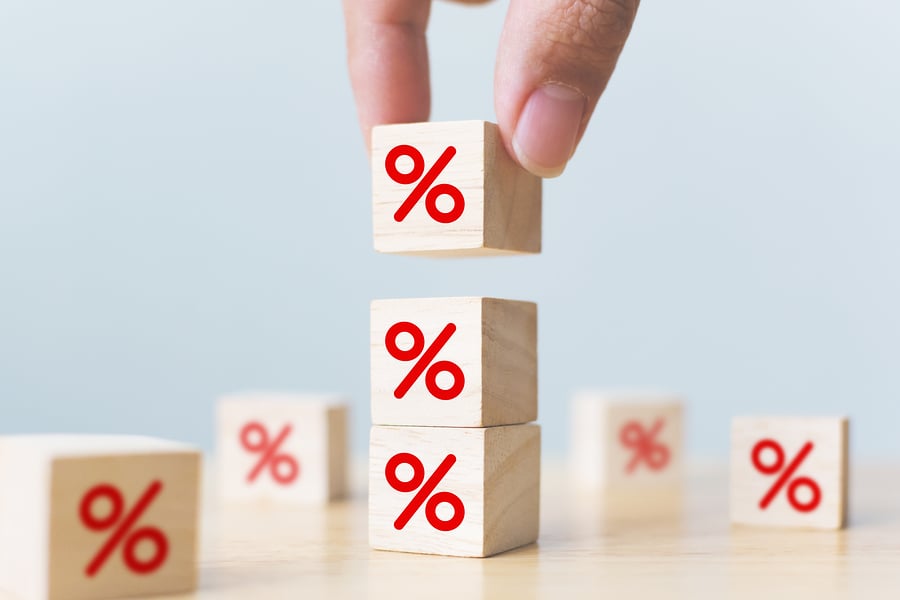

Nobel laureate in economics Paul Krugman said it’s entirely unclear where interest-rate levels are headed over the medium term, with arguments in favor of both a return to pre-pandemic levels and a higher-for-longer outcome.
“On interest rates I am fanatically confused,” Krugman said Tuesday on Bloomberg Television’s Wall Street Week with David Westin, with regard to whether borrowing costs will remain above pre-Covid levels. “Anyone who claims to know for sure what the answer is to that, is deluding themselves.”
Ten-year US Treasury yields are currently about 4.4%, compared with below 2% on the eve of the pandemic. The nonpartisan Congressional Budget Office earlier this year projected those rates at roughly 4% over the coming decade.
Krugman, now at the City University of New York, said it’s possible that a number of dynamics have “changed the picture” compared with pre-Covid. He cited substantially increased immigration, along with Biden administration industrial policy, “which is inducing a lot of manufacturing investment.”
Businesses potentially may also be stepping up capital spending thanks to new technologies, including artificial intelligence, Krugman said.
‘Either Case’
Even so, “maybe actually 2019 is still what should be our benchmark, and we’re going to go back to very low interest rates,” he said.
Federal Reserve policymakers, for their part, have slightly increased their median forecast of their benchmark interest rate over the long run to 2.6% as of March. Other economists have said it’s more likely at least 4% due to changes in the economy and fiscal trajectory.
Adjusted for inflation, that rate — known as R-Star — is seen by Fed officials at 0.6% over the long run.
“Has R-Star actually gone up” or “is this just kind of a transitory phase?” Krugman said. “I could make either case.”
Entitlement Programs
Krugman also played down worries about the level of federal debt, which the CBO sees as reaching unprecedented levels in coming years.
“What’s the historical record of countries — that borrow in their own currency — experiencing that kind of debt crisis, a strike by lenders, something like that?” Krugman said. “There’s almost no examples of that,” with the potential exception of France in 1926, he said. He noted that Japan has had “huge debt for decades now. Huge, persistent deficits. Still no crisis.”
At the same time, he said “we do have a problem” with regard to federal entitlement programs. “If you consistently spend lots more money than you take in, that can’t go on forever.”
“To cope with that at some point, you either have to start raising more revenue or you have to start cutting benefits to seniors,” Krugman said. “And we don’t seem to be politically able to do either of those things.”

Relationships are key to our business but advisors are often slow to engage in specific activities designed to foster them.

Whichever path you go down, act now while you're still in control.

Pro-bitcoin professionals, however, say the cryptocurrency has ushered in change.

“LPL has evolved significantly over the last decade and still wants to scale up,” says one industry executive.

Survey findings from the Nationwide Retirement Institute offers pearls of planning wisdom from 60- to 65-year-olds, as well as insights into concerns.
Streamline your outreach with Aidentified's AI-driven solutions
This season’s market volatility: Positioning for rate relief, income growth and the AI rebound
